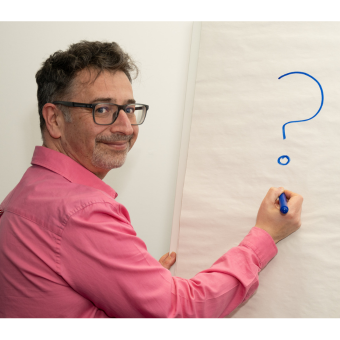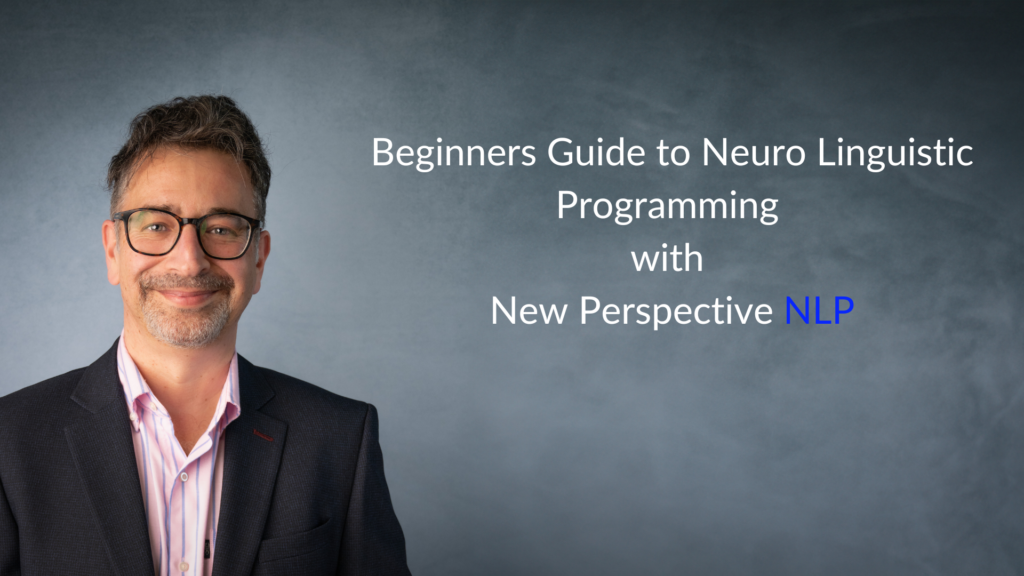It’s that time of year when thoughts are with those who are going through the experience of exams. Some of us will look back upon those times as positive and for others it may be with a different lens. Either way from where we are now, it was merely a bookmark in a chapter.
Mindset and our thinking play a huge part in how we get ready for, experience and process events, such as exams, driving tests, competitions and performances. This is where Neuro Linguistic Programming (NLP) can add great value. So here is a guide with some tips and easy to follow techniques on how to handle exams for those involved directly and indirectly.
Exams Mental Preparation
Connect To Resources
Create Videos (or Reels) In Your Head
Limiting Beliefs
Reframing

Exams Mental Preparation
We have already done the revision, practice and / or preparation, what is next? Let’s start with how we set up and prepare ourselves. By this I mean, when you go to an exam you may need to take along various items of ‘equipment’ for example (in my day) for maths it was a calculator, ruler, pens, pencils and such like. So we are prepared physically with the ‘equipment’ or ‘tools’ to hand.
Just like physical preparation, mental preparation is also required. How you set up your thinking for what lies ahead is essential. This is about what you say to yourself and setting a clear intention, in other words, what you want to happen, an outcome.
Let’s start with what you say to yourself, your self-talk. Remember your mind is always listening to your self talk – a bit like an internal Alexa constantly on and recording. When was the last time you said to yourself, “I really don’t want to be asked that particular question!” and you were asked it? Or when you said to yourself “I really don’t want x to happen” and it did? We want to be very clear about the words we use as the mind does not respond to negatives directly.
If you say you DON’T want something, it means to your mind that you DO want it and it will support you to get that. Best way to avoid this happening is to say it, how you want it. For example, “I want to smash it!” or “I want to do my best!”.
Now that you know what you want, you can start to FOCUS on what you want. We all know that where attention goes, energy flows, so if we focus on what we want, our attention and energy will flow in the right direction. Conversely, if we focus on what we don’t want, our attention and energy will flow in the other direction.
Connect To Your Resources
You know what you want and you are aware of your self talk. Now how do you want to be during the event (eg test, exam, performance) in order to get the outcome. This means being aware of and using inner resources. A resource can be described as a quality that we possess, such as confidence, strong or powerful.
To help identify them we can ask:
“In order to give my best performance at this moment in time, what do I want?”
Examples:
I want to be focused
I want to be determined
I want to be confident
I want to believe (in myself)
These are just a few examples of some of the inner resources that we may want to use to get us where we want to go, there will be many more resources that each of us have.
Next is how to be eg focused, determined, confident or possess self-belief? It is preferable when working with resources like these, that they are ones we have experienced previously in life, the more intense the experience, the better. If we have not experienced the resource before, we will have to imagine what it is like, which is not as powerful, so where you can, always go with a resource that you already know and have experienced.
Create Videos (or Reels) In Your Head
Create a highlights video to relieve that event with the resource. To do this, remember a time, a specific time when you felt totally focused / determined / confident / self-belief? Now close your eyes and as you do so right now, go back and relive that very moment, paying attention to experiencing the sights, sounds and feelings of being totally focused / determined / confident / self-belief and play it back to yourself like a highlights video or reel.
Great, open your eyes and notice how you feel! You can now connect to the resource when you wish to, by playing your very own highlights video in your head. Feel free to ‘top it up’ and create more highlights videos as you need to, with each resource. Once you get into this, you can be creative and create a showreel! This means creating just one video with a number of different times you used the same resource, so three different examples of when you felt totally focused or confident or determined or of self-belief. Play the video or videos as part of your mental preparation as many times as you wish, before the event.
This process is based upon the traditional NLP technique of anchoring, learn more about this powerful technique and many ways of using it in more detail on our accredited NLP Training.
Limiting Beliefs
Self-belief is an important part of performing at our best when under pressure. We see this playing out often in all contexts including sport. How often do we hear football managers talk about losing the game before they set foot on the pitch? Have you ever tried to do something which you did not believe in? What was the result? No surprise! What about the energy you felt when you were doing something you didn’t believe in? Low. No surprise. So our belief about our ability is essential.
Sometimes we may have limiting beliefs, these are beliefs which limit or block our thinking. They have come from a time in the past when the result or experience did not work out well. From then onwards, a (limiting) decision was made which over time was revisited repeatedly and became a belief. An example of a limiting belief is “I can’t dance”. Every time a person says this belief as they refuse to engage with dancing, it is reinforced.
How to change it? Start by identifying the limiting belief, we can ask what do you believe about x? When you get an answer, we ask “when did you decide that?”. This helps the person realise that it was one event, just one event in the past where they made that decision. Most people when asked that question generally feel a little silly or sheepish as they realise how long they have carried that belief.
Learn more about using this process in more detail on our accredited NLP Training.

Reframing Exams
Reframing is a way to change the meaning or context of an event or objection to think differently about it. We use reframing every day so its very familiar, now we want to use it with purpose to shake up the way someone thinks about an event or objection.
Some examples
I hate exams they are useless!
Exams are like the end of a chapter in a game, bring all your skills and knowledge and take on the ‘boss’ to progress to the next.
Everyone is doing better than me!
It is your exam paper with your name on, only you can do your best.
I get nervous and my head goes blank.
A little nervousness can give you the energy to really focus.
Learn more about using this process in more detail on our accredited NLP Training.
I hope you found this blog useful, this is just a brief outline of what we can do with NLP in the context of exams and everyday challenges. There is so much more to share, so why not join me on our next Beginners Guide to NLP online webinar.


